Social Sciences
March 1, 2011
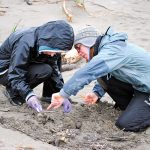
Sink to Sound
Researchers are using a new method for collecting old-fashioned data: They are employing real people—citizen scientists—to study changes in the environment.

An eye on soldiers
The U.S. Department of Defense awarded a five-year grant to the University of Washington School of Social Work’s Innovative Programs Research Group to develop and test an intervention for at-risk soldiers.
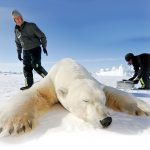
Hope for polar bears
Scientists from several institutions, including the U.S. Geological Survey and the University of Washington, have found that if humans reduce greenhouse gas emissions significantly in the next 10-20 years, enough Arctic ice is likely to remain intact during late summer and early autumn for polar bears to survive.
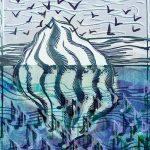
Iceberg's tune
We love the enchanting songs of whales, the clicks and squeals from porpoises. And now, a University of Washington oceanographer has brought us more melodies from the deep.
September 1, 2010
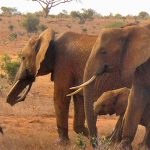
Elephant vs. bird
Elephants may be the biggest factor in the impending disappearance of a tiny bird.
June 1, 2010
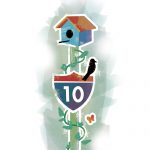
Greener roads
A UW team has helped develop the world’s first system to rate the sustainability of road construction and maintenance projects.
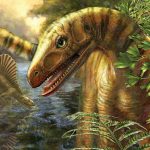
Aging dinosaurs
A new fossil find suggests that the roots of the dinosaurs’ family tree are deeper than previously thought.
March 1, 2010
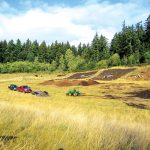
Getting the dirt
In a barren pit on Vashon Island, UW School of Forest Resources graduate student Kate Kurtz is growing a forest—and fighting climate change along the way.

Lightning listener
Call him the lightning listener. Robert Holzworth, UW professor of earth and space sciences, directs the World Wide Lightning Location Network (WWLLN), a series of stations around the globe that monitor pulses of radio waves generated by lightning strokes.
December 1, 2009
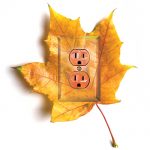
Tree power
Researchers at MIT discovered electrical currents in trees last year, and now a UW team has built an electronic circuit that runs on tree power.
September 1, 2009
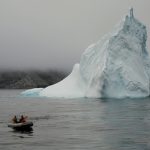
Long look underseas
Seagliders, under development since 1995 at the UW’s School of Oceanography and Applied Physics Laboratory, have repeatedly set world endurance and range records for autonomous underwater vehicles.
June 1, 2009

Sweet spot
Parents may be able to chalk up their children’s preference for the tooth-achingly sweet to growing pains. That’s the possibility raised by new research led by UW Professor of Dental Public Health Sciences Susan Coldwell.
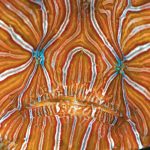
Rare fish find
When it comes to weird fish, Ted Pietsch, a UW professor of aquatic and fishery sciences and curator of fishes at the Burke Museum, has seen it all. But the creature discovered early last year off Ambon Island, in the Indonesian archipelago, surprised even him.

Feeling the heat
A study commissioned by the state Legislature is the most comprehensive look yet at how climate change is likely to affect the state.
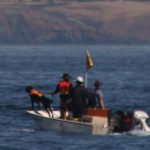
Orca's best friend
The best way to gauge a whale’s health is to study its scat, and that requires a little Lab work.
March 1, 2009

Songbirds' secrets
UW Professor of Psychology and Zoology Michael Beecher wanted to understand the social dimensions of learning how and from whom birds learn to sing in the wild. So he and his students began tramping through the thickets of Seattle's Discovery Park to find out.
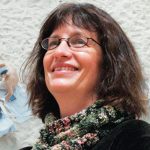
The healing arts
Last fall, the UW School of Medicine and the Henry Art Gallery teamed up to offer a new course to help medical students develop their diagnostic skills by visiting art museums.
December 1, 2008

Prevention works
Towns providing programs aimed at reducing juvenile delinquency are not only seeing results, but in less time than anticipated, according to a UW-led study.
September 1, 2008

Nature's calmer
When it comes to defeating stress, hi-def can’t hold a candle to the real thing, according to a study by the UW Human Interaction with Nature and Technological Systems Lab.
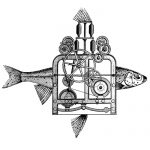
School of Robofish
UW researchers have put a new spin on the fin: they’ve made a robotic fish that can communicate with its schoolmates.